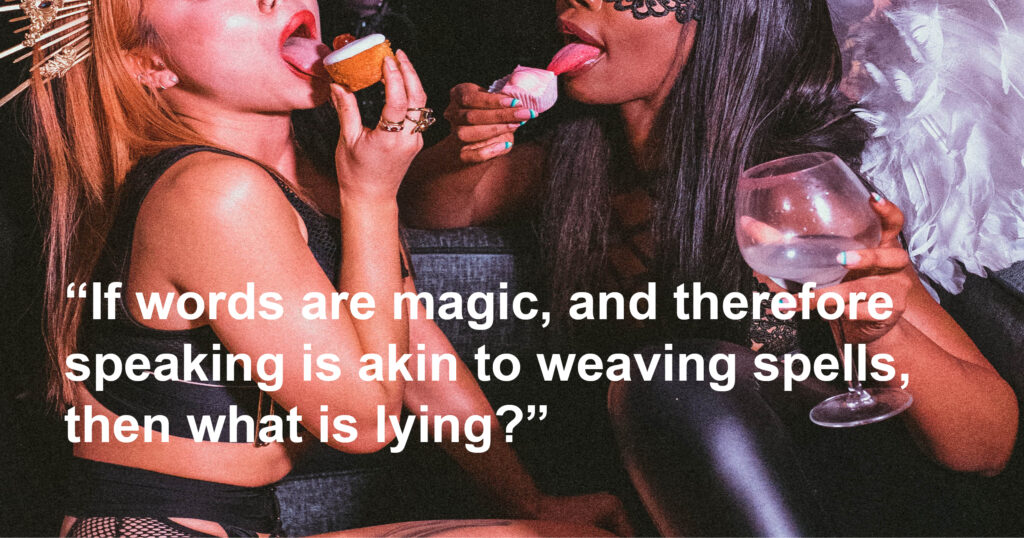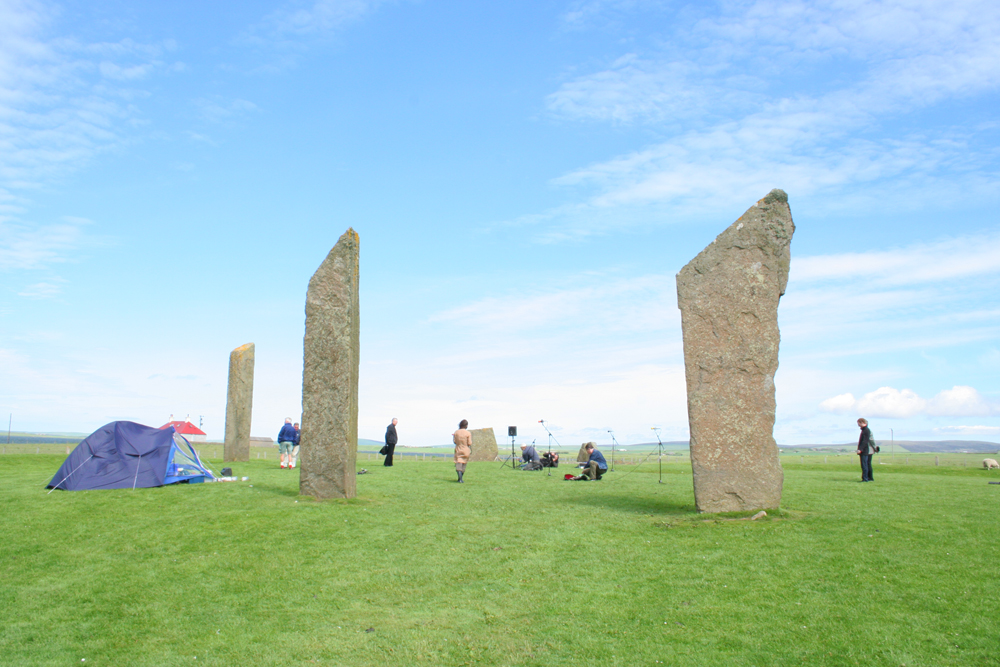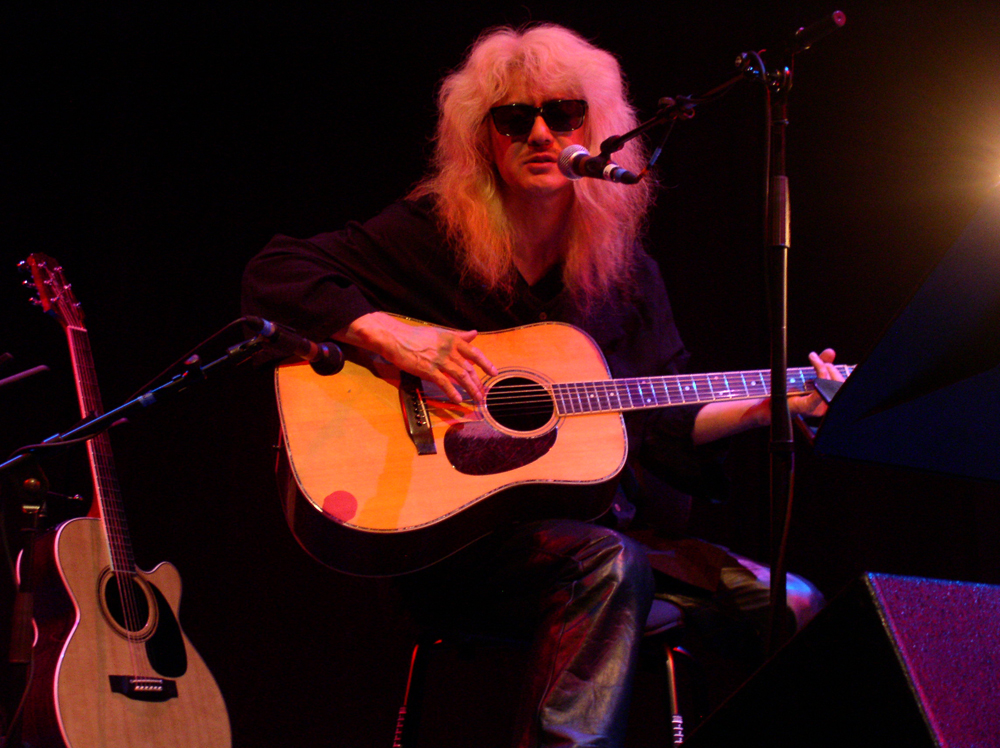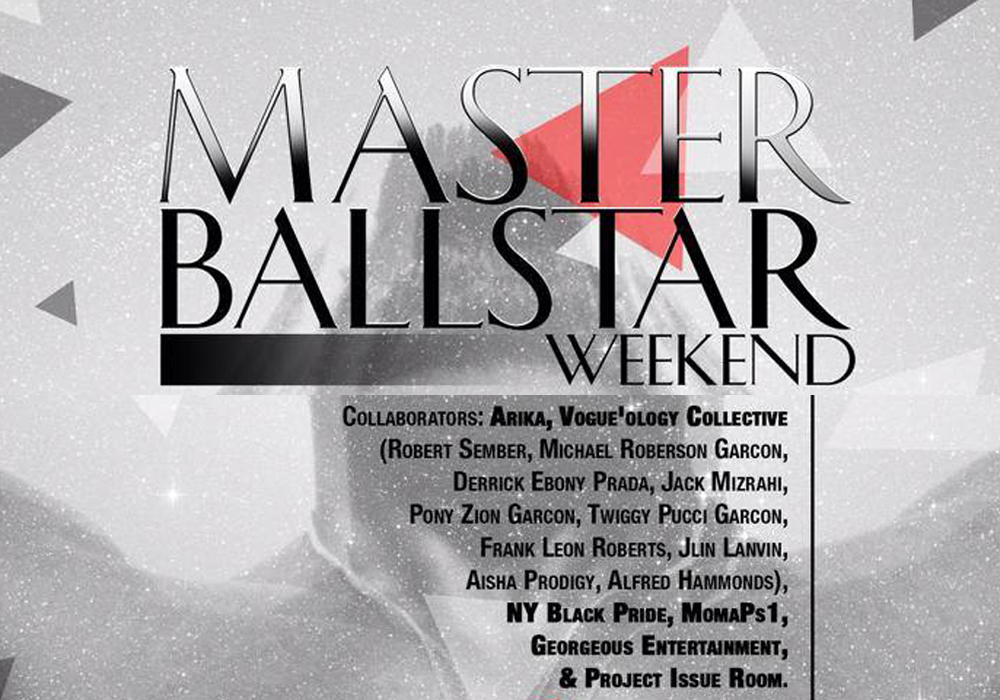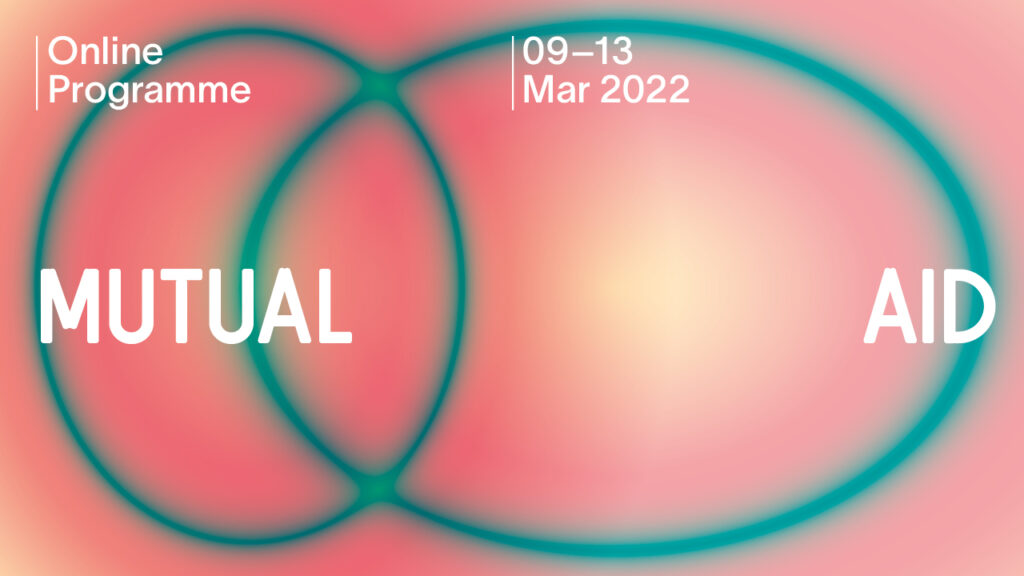
Short Film Programme 2: Contemporary
Billy Roisz Various Artists William Basinski
The second of two short film programmes featuring works that blur the boundaries between music and film from artists who cross and redefine those long held divisions. This programme highlights contemporary works.







